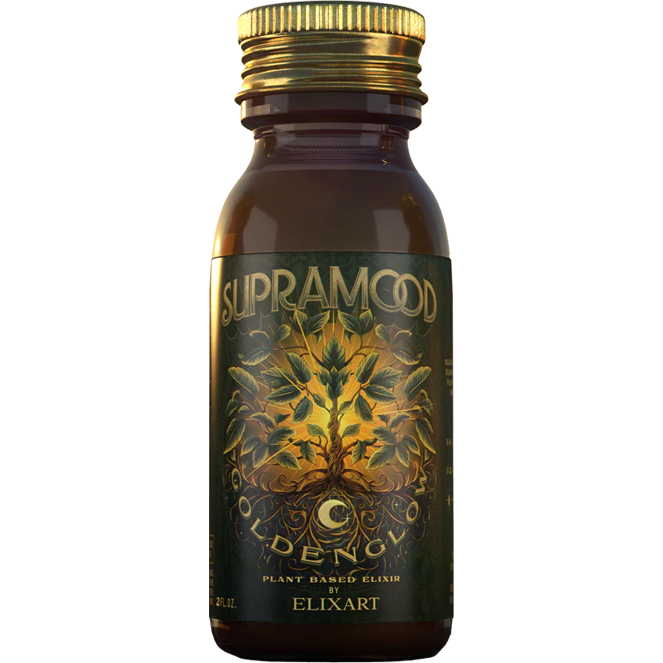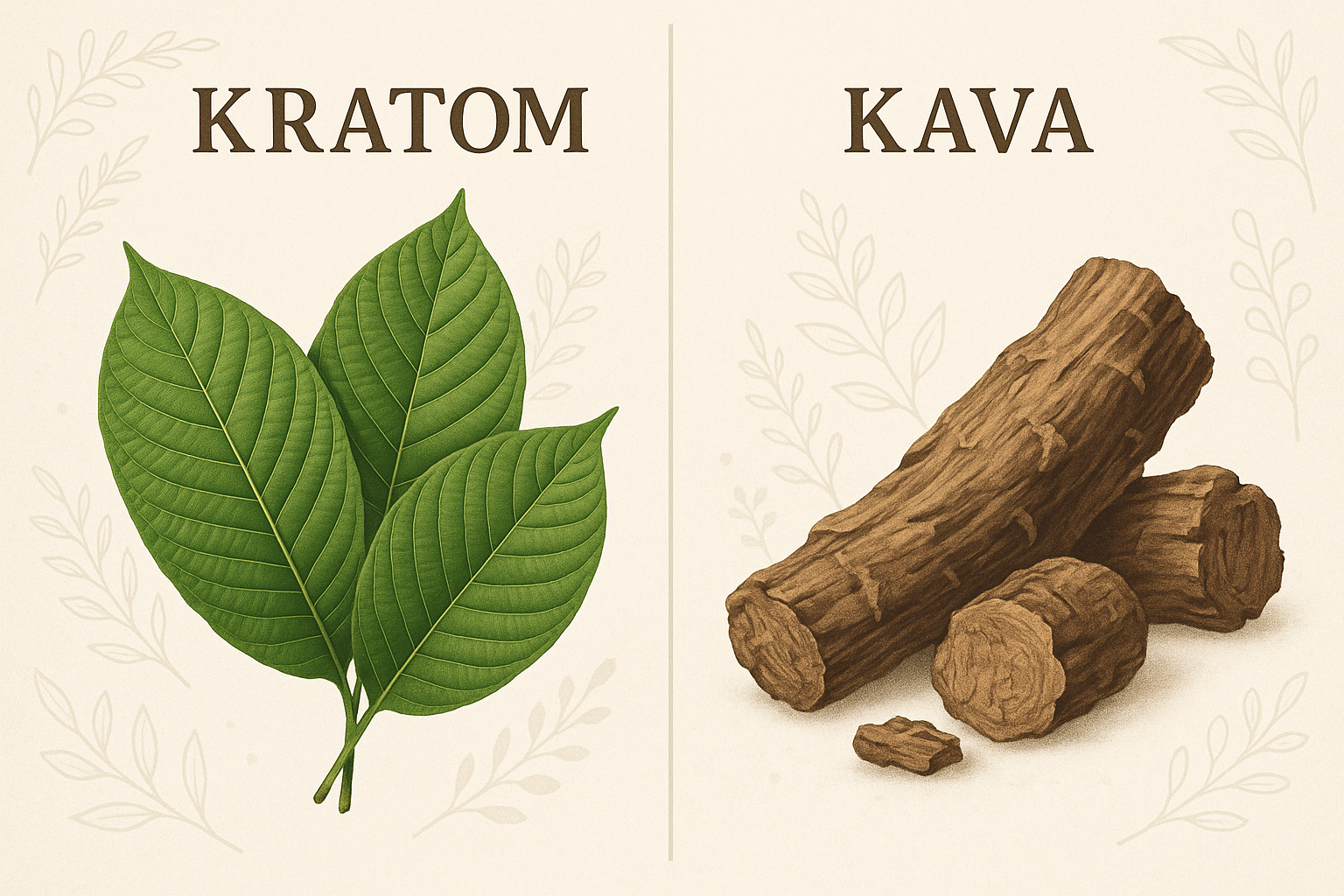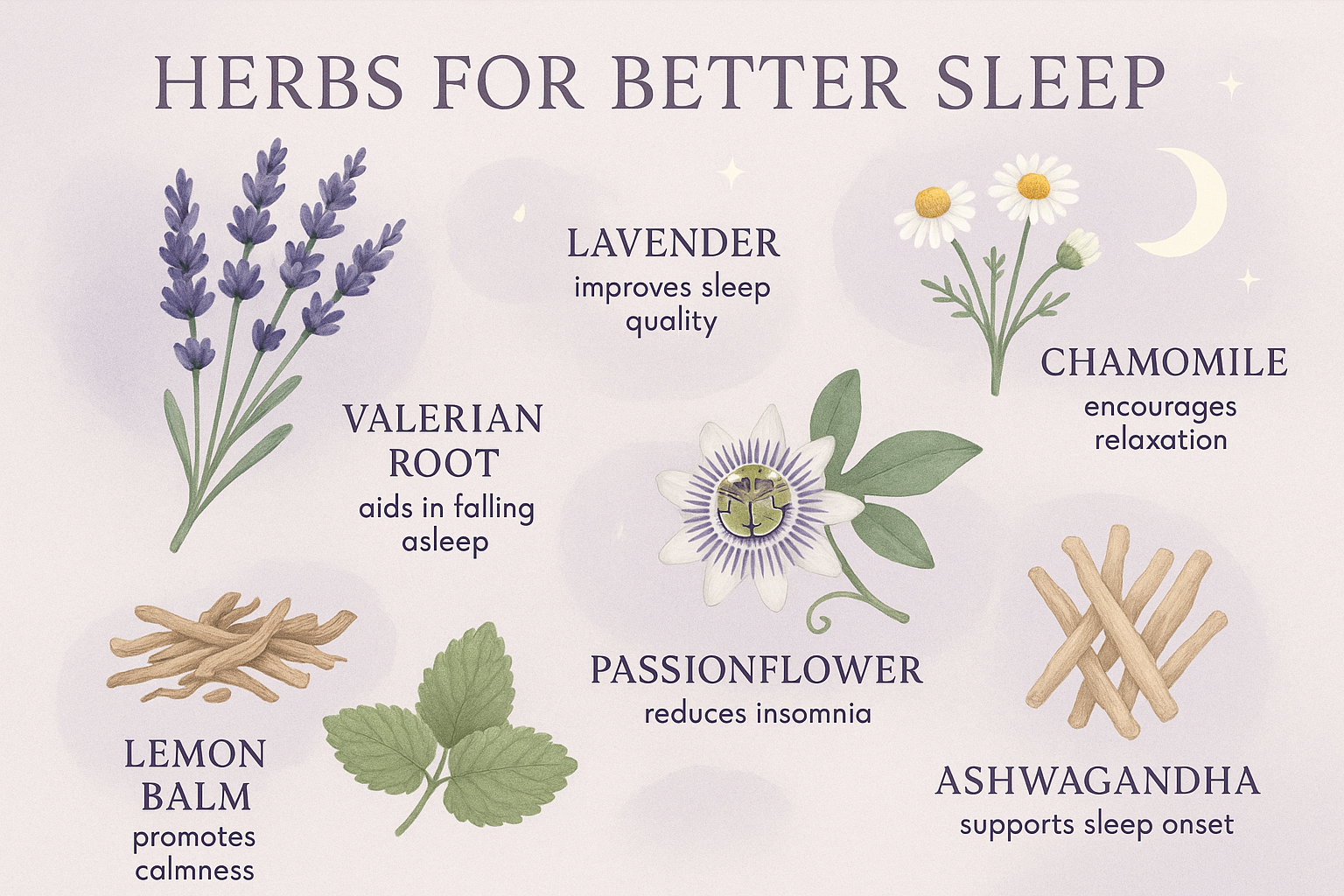Anxiety affects millions of people worldwide, disrupting daily life and overall well-being. Common symptoms include excessive worry, restlessness, and difficulty concentrating. Traditional treatments often involve prescription medications, but these can come with undesirable side effects.
Kava, derived from the roots of the Piper methysticum plant, presents a natural alternative for anxiety relief. Used for centuries in Pacific Island cultures, Kava is known for its calming effects. The active compounds in Kava, called kavalactones, interact with neurotransmitters to reduce anxiety and promote relaxation.
Exploring natural remedies for anxiety is essential as they offer a holistic approach to mental health without the harsh side effects of pharmaceuticals. Kava stands out by providing effective relief while enhancing mood and cognitive performance. This article delves into how Kava can help reduce anxiety naturally, offering practical insights into its benefits, safety concerns, and usage guidelines.
Understanding Kava: The Natural Anxiolytic from the Pacific Islands
The Kava plant, scientifically known as Piper methysticum, is native to the South Pacific Islands. It has been used for centuries in traditional ceremonies and social gatherings due to its calming and relaxing properties. Pacific Island cultures, particularly those in Fiji, Vanuatu, and Tonga, have long revered Kava for its ability to promote a sense of well-being and tranquility.
Traditional Uses of Kava
Kava's traditional preparation involves grinding or pounding the root into a fine powder, which is then mixed with water to create a beverage. This drink plays a significant role in cultural rituals, often consumed during community meetings and spiritual ceremonies to facilitate open communication and bonding.
Active Compounds: Kavalactones
The calming effects of Kava are attributed to kavalactones, the active compounds found in the plant's roots. These kavalactones interact with the central nervous system, influencing neurotransmitter activity to produce anxiolytic effects.
- GABA Interaction: Kavalactones primarily work by modulating the activity of gamma-aminobutyric acid (GABA), a neurotransmitter that inhibits neural activity. This results in reduced anxiety and increased relaxation.
- Dopamine and Serotonin: Some studies suggest that kavalactones may also affect dopamine and serotonin levels, contributing to mood enhancement and stress relief.
Forms of Consumption
Today, Kava is available in various forms beyond traditional beverages:
- Powders: Easily mixed with water or other liquids.
- Capsules: Convenient for precise dosage.
- Extracts/Drops: Concentrated forms for potent effects.
- Teas: Mildly flavored options for gradual relaxation.
Understanding the origin and active components of Piper methysticum helps appreciate its role as a natural remedy for anxiety. The combination of traditional wisdom and modern research highlights Kava’s potential in providing effective anxiety relief without severe side effects associated with some prescription medications.
In fact, numerous studies have explored the efficacy of Kava as an anxiolytic agent. A comprehensive review published on PubMed Central delves into these findings, shedding light on the scientific backing behind Kava's therapeutic benefits.
How Kava Works to Reduce Anxiety: A Neurotransmitter Perspective
The anxiolytic effects of Kava can be largely attributed to its interaction with neurotransmitters, particularly gamma-aminobutyric acid (GABA). GABA is a key inhibitory neurotransmitter in the brain that plays a crucial role in regulating neuronal excitability and maintaining calmness.
Mechanism of Action
Kavalactones, the active compounds in Kava, are known to enhance the activity of GABA by binding to GABA-A receptors. This action increases the inhibitory effects of GABA, which helps to slow down brain activity and promote relaxation. As a result, individuals often experience reduced anxiety and an overall sense of calmness.
- GABA Enhancement: Kavalactones enhance GABA's effectiveness, leading to reduced neuronal excitability.
- Receptor Binding: These compounds bind specifically to GABA-A receptors, facilitating their anxiolytic effects.
Comparison to Prescription Medications
Prescription medications for anxiety, such as benzodiazepines and selective serotonin reuptake inhibitors (SSRIs), also target neurotransmitter systems but do so in different ways.
Benzodiazepines
Benzodiazepines, like diazepam and alprazolam, bind to GABA-A receptors similarly to kavalactones. However, they tend to have a much stronger effect on increasing GABA activity. This can lead to significant sedative properties and a higher risk of dependency and withdrawal symptoms. For those seeking alternatives to such medications, there are several alternatives to Xanax that may offer relief with fewer side effects.
- Stronger Sedation: Benzodiazepines produce more potent sedative effects.
- Addiction Potential: Increased risk of dependence and withdrawal issues.
SSRIs
SSRIs, such as sertraline and fluoxetine, work by increasing the levels of serotonin in the brain rather than directly affecting GABA. While effective for many individuals, SSRIs often take several weeks to show benefits and can come with side effects like weight gain, sexual dysfunction, and insomnia.
- Delayed Onset: SSRIs may take weeks before showing noticeable improvements.
- Side Effects: Potential side effects include weight gain and insomnia.
Potential Side Effects
While Kava offers a natural alternative with fewer sedative properties compared to benzodiazepines, it is not without its risks. Liver toxicity remains a significant concern with prolonged or high-dose usage. Users must practice caution and preferably consult healthcare providers before incorporating Kava into their anxiety management regimen. Understanding how Kava interacts with neurotransmitters provides insight into its role as an effective natural remedy for anxiety.
Clinical Evidence Supporting Kava's Efficacy in Reducing Anxiety Symptoms
Summary of Clinical Trials Demonstrating Kava's Effectiveness
Numerous clinical trials have examined the efficacy of Kava in reducing anxiety symptoms. For instance, a double-blind, placebo-controlled study published in the Journal of Clinical Psychopharmacology found that subjects who consumed Kava extract experienced a significant reduction in anxiety levels compared to those given a placebo. Participants reported feeling more relaxed and less anxious after just one week of Kava usage.
Another randomized controlled trial published in Phytomedicine involved 75 participants with generalized anxiety disorder (GAD). The results indicated that Kava significantly reduced anxiety symptoms over six weeks, with minimal side effects reported. These studies underscore the potential of Kava as an effective natural remedy for anxiety.
Research Findings on Sleep Quality Improvement and Mood Elevation
Research also points to additional benefits of Kava beyond anxiety relief. A study featured in Sleep Medicine Reviews assessed how Kava impacts sleep quality. Participants reported improved sleep patterns, increased duration of deep sleep, and fewer awakenings throughout the night. This suggests that Kava can be particularly beneficial for those whose anxiety disrupts their sleep cycles.
Mood elevation is another area where Kava has shown promise. In a clinical trial published in Human Psychopharmacology, researchers noted that individuals taking Kava experienced enhanced mood and overall well-being. The kavalactones in Kava appear to interact positively with brain chemistry, promoting not just relaxation but also an uplifted mood.
Key Takeaways
- Kava studies demonstrate significant reductions in anxiety symptoms.
- Improved sleep quality and increased deep sleep duration.
- Enhanced mood and overall well-being observed in clinical trials.
These findings highlight the multifaceted benefits of using Kava as part of a holistic approach to managing anxiety.
Benefits Beyond Anxiety Relief: Exploring the Holistic Advantages of Kava Use
Kava's benefits extend beyond just anxiety relief, offering a range of holistic advantages. The active compounds in kava, known as kavalactones, contribute to several positive effects on mental and physical well-being.
1. Mood Enhancement
Kava is renowned for its mood-enhancing properties. Users often report feeling a sense of calm and well-being after consumption. This mood elevation can be beneficial for individuals dealing with mild depression or stress-related disorders.
2. Cognitive Performance Improvement
Kava has been shown to improve cognitive performance by reducing mental fatigue and enhancing focus. It helps users maintain clear thinking and better concentration, making it a valuable supplement for those needing mental clarity without the jitteriness often associated with stimulants like caffeine.
3. Muscle Relaxation
In addition to its anxiolytic effects, kava acts as a muscle relaxant. This is particularly useful for individuals experiencing tension headaches or muscle stiffness due to stress.
4. Improved Sleep Quality
Research indicates that kava can significantly improve sleep quality. By promoting relaxation and reducing anxiety, it helps users fall asleep faster and enjoy deeper, more restorative sleep.
The holistic benefits of kava make it an appealing option for those seeking natural anxiety relief along with additional mental and physical health improvements.
Navigating Safety Concerns: Understanding the Risks and Side Effects of Kava Use
Concerns Regarding Liver Damage and Hepatotoxicity Linked to Excessive or Prolonged Kava Use
Kava's potential to cause liver damage, known as hepatotoxicity, is a significant concern. While traditional use in Pacific Island cultures typically involved water-based preparations of kava root, modern methods often use ethanol or acetone extracts that may concentrate harmful compounds. Reports of liver toxicity and even liver failure have emerged, particularly among users consuming high doses or using kava for extended periods.
Several countries have issued advisories or imposed restrictions on kava due to these risks. The FDA has warned consumers about the potential for severe liver injury associated with kava products. Research suggests that combining kava with alcohol or other medications that stress the liver can exacerbate these risks.
Potential Side Effects Experienced by Users
While kava offers numerous benefits for anxiety relief, users should be aware of potential side effects:
- Gastrointestinal Issues: Nausea, diarrhea, and stomach discomfort are commonly reported.
- Dermatological Reactions: Prolonged use of kava has been linked to a skin condition known as "kava dermopathy," characterized by dry, scaly skin.
- Drowsiness and Sedation: Due to its relaxing effects, kava can cause drowsiness, affecting your ability to operate machinery or drive.
- Neurological Symptoms: Some users report headaches, dizziness, or eye irritation after consuming kava.
Understanding these risks and side effects is crucial for anyone considering kava as a natural remedy for anxiety. Consulting with a healthcare provider before starting kava can help mitigate some of these risks and ensure safe usage tailored to your individual health profile.
Recommended Dosage and Usage Guidelines for Safe and Effective Kava Consumption
Kava dosage guidelines are essential to ensure its efficacy while minimizing potential side effects. For most individuals, the recommended daily dosage ranges between 70-250 mg of kavalactones. This dosage is generally considered effective for anxiety relief without causing adverse effects.
Suggested Dosages:
- Capsules/Tablets: Typically contain between 50-100 mg of kavalactones per serving. Consuming 1-3 servings daily usually falls within the recommended range.
- Tinctures/Extracts: These forms can be more concentrated. Follow the manufacturer's instructions, aiming for a total daily intake of kavalactones that does not exceed 250 mg.
- Powdered Kava: Mix 1-2 teaspoons (approximately 2-5 grams) in water or juice. This typically provides a safe and effective dose.
Short-Term Usage Recommendations:
To avoid potential health risks, especially concerning liver health, it is advisable to use Kava for short-term periods:
- Limit use to no longer than 1-2 months
- Take breaks after prolonged use
- Avoid combining Kava with alcohol or other substances that can stress the liver
Long-Term Consumption:
Long-term consumption of Kava should only be considered under the guidance of a healthcare professional. Regular monitoring can help detect any early signs of adverse effects, ensuring safer usage.
By adhering to these guidelines, you can maximize the benefits of Kava while minimizing potential risks.
Considerations Before Using Kava: Navigating FDA Advisories and Personal Health Factors
Overview of FDA Advisories Related to Kava Use and Liver Health Risks
The FDA has issued advisories concerning kava use, particularly highlighting the risk of liver damage. Reports indicate that excessive or prolonged consumption of kava can lead to severe liver toxicity. This includes cases of hepatitis, cirrhosis, and even liver failure in extreme instances. The risk is heightened when kava is consumed in extract form or combined with other substances like alcohol.
FDA Advisory: The U.S. Food & Drug Administration advises consumers to be cautious about using dietary supplements containing kava due to potential liver-related risks.
Guidance for Individuals with Pre-Existing Conditions or Those on Certain Medications
For individuals considering kava, personal health factors are crucial. People with pre-existing liver conditions should avoid kava entirely due to its hepatotoxic potential. Additionally, those taking medications metabolized by the liver need to exercise caution:
- Pre-existing Liver Conditions: Avoid using kava if you have any form of liver disease, as it can exacerbate these conditions.
- Medications: If you are on medications that affect the liver, such as acetaminophen or statins, consult your healthcare provider before using kava.
- Pregnancy and Breastfeeding: The safety of kava during pregnancy and breastfeeding is not well-established; hence it is recommended to avoid its use during these periods.
Given these considerations, it’s advisable to seek medical supervision when incorporating kava into your regimen to monitor for any adverse effects or interactions with other medications.
Exploring Other Herbal Treatments for Anxiety Relief: A Brief Overview of Alternatives to Kava
When considering herbal treatments for anxiety, several alternatives to Kava stand out:
- Passionflower: Known for its calming properties, passionflower is often used to alleviate anxiety and improve sleep quality. Its active compounds may increase GABA levels in the brain, similar to Kava.
- Valerian Root: This herb is frequently used for its sedative effects. Valerian root can help reduce anxiety symptoms and promote restful sleep without the grogginess associated with some prescription medications.
- Chamomile: Often consumed as a tea, chamomile is praised for its mild sedative effects. It can be particularly effective in reducing mild to moderate anxiety and improving overall mental well-being.
Each of these herbal remedies offers unique benefits and mechanisms of action. They provide viable options for those seeking natural alternatives to Kava for anxiety relief.
Conclusion: Making an Informed Choice About Using Kava for Anxiety Relief
Making an informed decision about using Kava for anxiety relief involves weighing the potential benefits against the associated risks. Research indicates that Kava can be effective in reducing anxiety symptoms, with several clinical studies supporting its efficacy.
Key Considerations:
- Effectiveness: Kava has shown promise in alleviating anxiety and improving sleep quality, similar to some prescription medications.
- Safety: The potential for liver toxicity is a significant concern. Users should be cautious, especially with prolonged or excessive use.
- Dosage: Adhering to recommended dosages and short-term usage guidelines is crucial to minimize health risks.
It's essential to consider personal health factors and consult with a healthcare provider before starting Kava. By understanding both the benefits and risks, you can make a more informed choice on how Kava can help reduce anxiety naturally.
FAQs (Frequently Asked Questions)
What is Kava and how does it help reduce anxiety?
Kava, derived from the plant Piper methysticum, is a natural remedy traditionally used in Pacific Island cultures. It contains active compounds called kavalactones, which have anxiolytic properties that can help alleviate anxiety symptoms naturally.
How do kavalactones in Kava work to reduce anxiety?
Kavalactones interact with neurotransmitters in the brain, particularly GABA (gamma-aminobutyric acid), which plays a crucial role in regulating mood and anxiety. This mechanism of action is different from that of prescription medications, which may have more side effects.
Is there clinical evidence supporting Kava's effectiveness for anxiety relief?
Yes, several clinical trials have demonstrated Kava's efficacy in reducing anxiety symptoms. Research also indicates improvements in sleep quality and mood elevation associated with Kava use.
What are the potential risks and side effects of using Kava?
Concerns regarding Kava include the risk of liver damage (hepatotoxicity) when used excessively or over prolonged periods. Users may also experience side effects such as dizziness or gastrointestinal issues.
What are the recommended dosage guidelines for safe Kava consumption?
It is recommended to follow suggested dosages for effective use without adverse effects. Short-term usage is advised, and individuals should avoid long-term consumption without medical guidance.
Are there any FDA advisories regarding the use of Kava?
Yes, the FDA has issued advisories related to Kava use, particularly concerning liver health risks. Individuals with pre-existing conditions or those on certain medications should consult a healthcare provider before using Kava.







Leave a comment
This site is protected by hCaptcha and the hCaptcha Privacy Policy and Terms of Service apply.